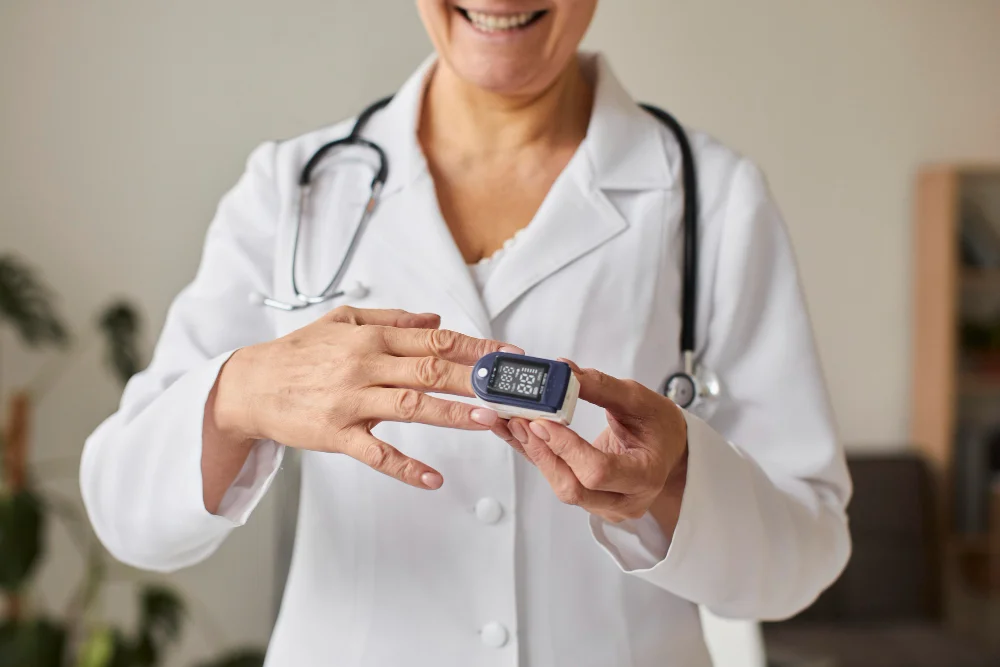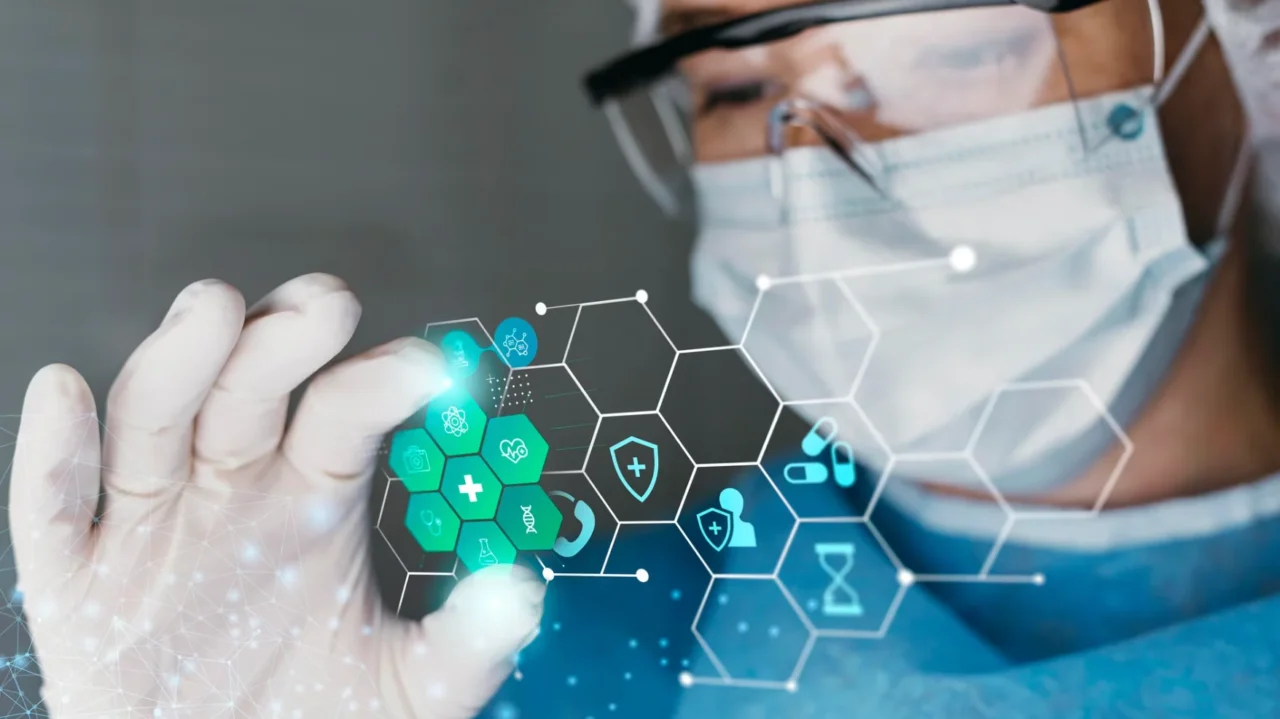AI could be the key to detecting type 1 diabetes more quickly.
Despite serious challenges, the benefits of implementing technological advances in the medical sector are enormous, including improved quality of care, greater patient convenience, and how outstanding overall outcomes. Here, we’ll highlight IBM’s latest project, which could help identify patients at risk for diabetes and chart a course for tracking the condition.

Will artificial intelligence lead to faster diagnosis of diabetes, a chronic disease with no cure?
IBM researchers hope so. They recently announced an AI-powered screening tool that could identify type 1 diabetes antibodies in people’s blood.
The predictive AI tool shows the presence of diabetes antibodies in the blood to determine exactly when and how the disease might develop.
“This AI does not provide a definitive detection method at present, but it offers a path for how machine learning tools could be used for faster and life-saving type 1 diabetes diagnoses in the future.”
What do experts think about this innovation in Artificial Intelligence?
Utpal Pajvani, an endocrinologist and assistant professor at Columbia University Medical Center, said he has yet to see AI move beyond the theoretical realm and into the everyday practice of treating patients. Meanwhile, Jianying Hu, an IBM Fellow and global scientific leader of artificial intelligence for healthcare at IBM Research, said he believes the use of machine learning in medicine will only continue to “accelerate” and that this is extremely important work that could lead to indispensable tools for doctors.

For Wigilabs, as a digital transformation agency, we believe these are significant advances in the technological era that protect people’s health and improve their quality of life every day. However, the introduction of these advances poses a significant challenge for the healthcare sector: cybersecurity.
The challenge of security
Cyberattacks are increasingly common in the media. In medicine, data is particularly sensitive, requiring essential protective barriers.
In addition to protecting privacy, safeguarding devices is crucial. Pacemakers and insulin dispensers require sufficient security and digital innovation to combat cyberattacks.
Ensuring device integrity and reducing the impact of cyberattacks is a shared responsibility: companies, employees, and users. Technological advancement should not prevent us from addressing future security challenges.







